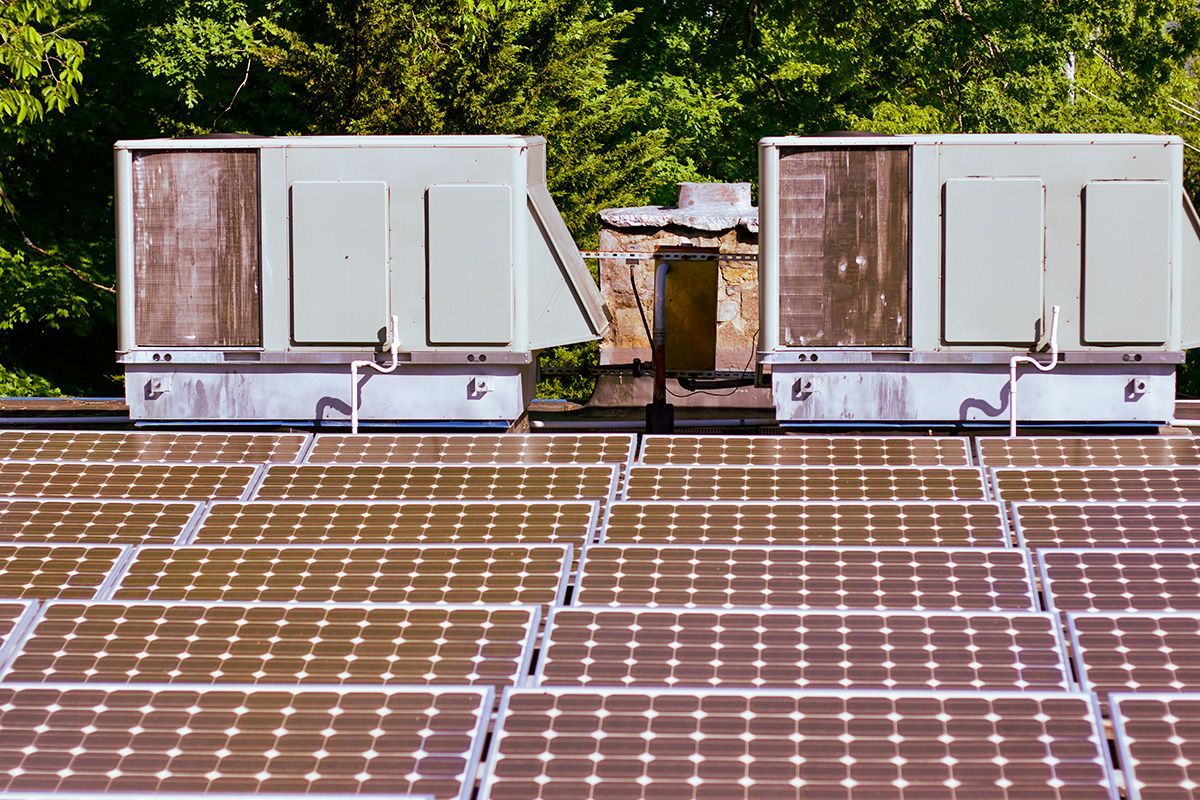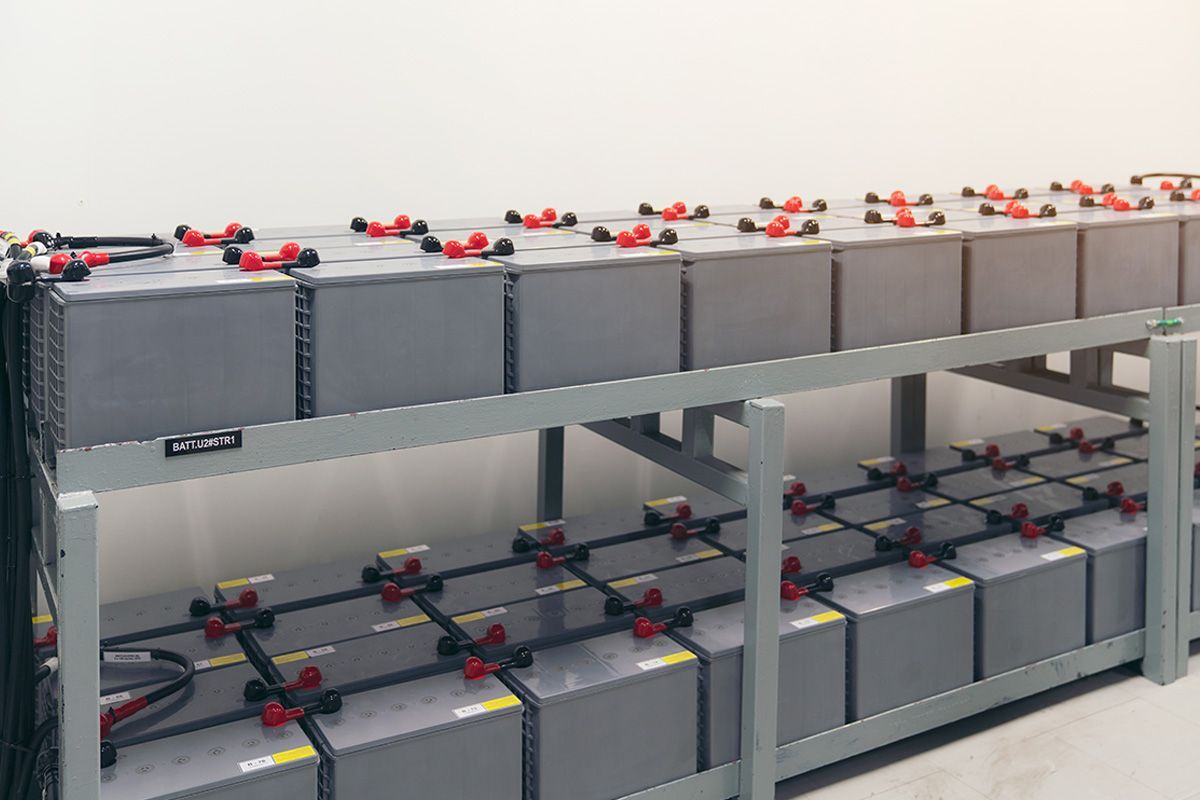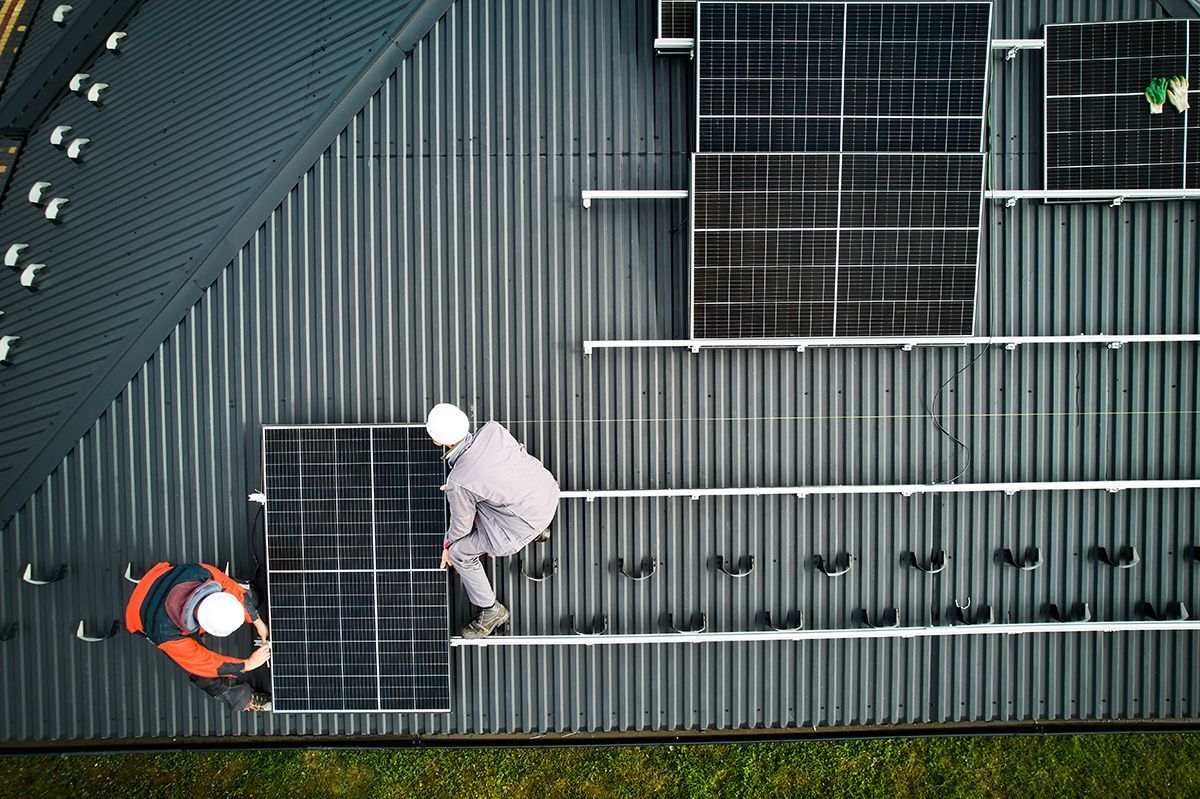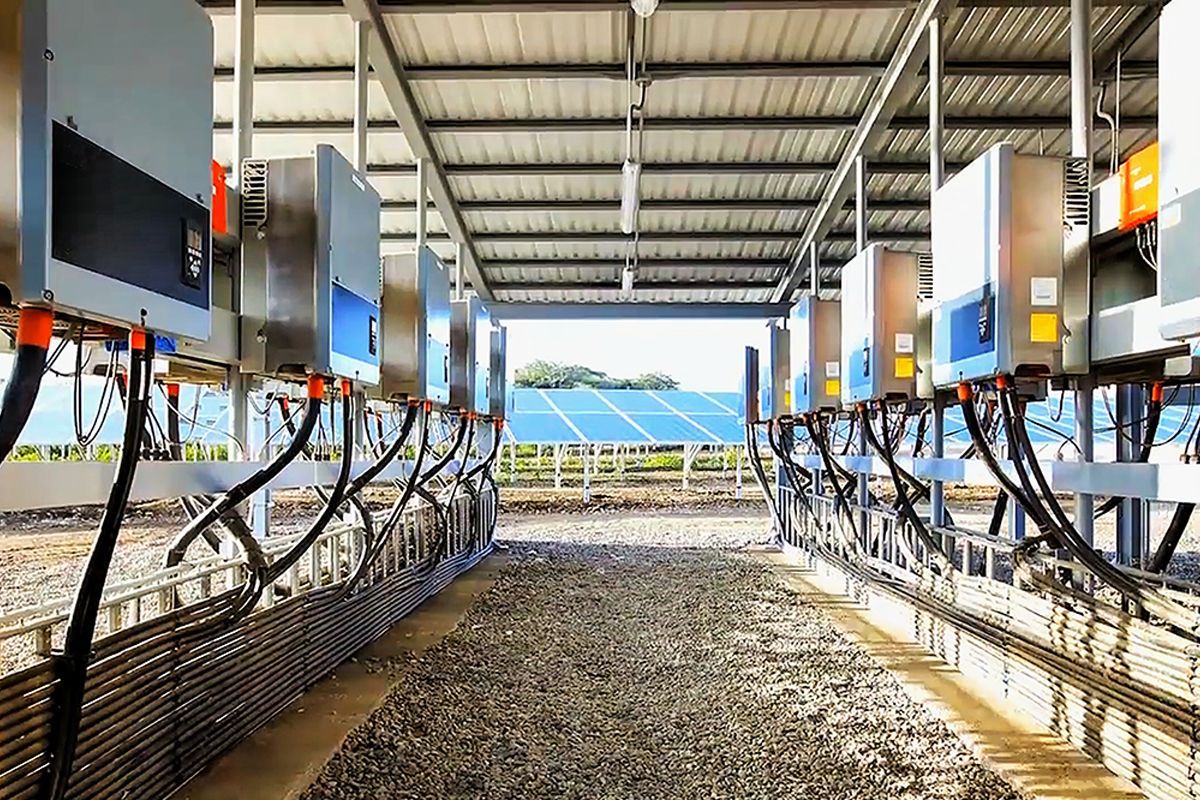The Environmental Impact of Residential Solar Batteries: Promoting Sustainability in Energy Storage
The bSolar energy has emerged as a prominent alternative to fossil fuels, with residential solar installations becoming increasingly popular. These installations are often coupled with residential solar batteries, which store surplus energy generated by solar panels for later use. While residential solar batteries offer numerous benefits, it is crucial to assess their environmental impact to ensure that they align with sustainability goals.
In this article, we will explore the environmental implications of residential solar batteries. We will examine the manufacturing process, the use of chemicals, recycling and disposal concerns, and the overall carbon footprint. By understanding the positive and negative aspects of residential solar batteries, we can make informed decisions to promote a greener and more sustainable future.
The Positive Environmental Impact of Residential Solar Batteries
Reducing Reliance on Fossil Fuels
One of the primary environmental benefits of residential solar batteries is the reduction in reliance on fossil fuels. By storing excess solar energy during the day, homeowners can power their homes with clean energy even when the sun is not shining. This reduces the need to draw electricity from the grid, which is often powered by fossil fuel-based energy sources. As a result, residential solar batteries contribute to a decrease in greenhouse gas emissions and air pollution.
Minimising Transmission Losses
Residential solar batteries also help minimise transmission losses in the energy grid. Electricity transmission over long distances can result in significant energy losses. By storing and using solar energy directly from the batteries, homeowners can avoid these transmission losses, making the overall energy consumption more efficient and environmentally friendly.
Promoting Energy Independence
Residential solar batteries offer homeowners the opportunity to become more energy independent. By generating and storing their own electricity, homeowners can reduce their dependence on the grid and its associated environmental impacts. This increased energy independence also provides a reliable backup power source during grid outages or emergencies, reducing the reliance on polluting diesel generators.
Extending the Lifespan of Solar Panels
Another positive environmental impact of residential solar batteries is the extension of the lifespan of solar panels. Solar panels typically have a lifespan of 25 to 30 years, but their performance can degrade over time. By using residential solar batteries to store excess energy, homeowners can reduce the strain on their solar panels, leading to slower degradation and longer overall lifespan. This helps minimise electronic waste and promotes a more sustainable approach to solar panel usage.
The Negative Environmental Impact of Residential Solar Batteries
Manufacturing Process and Energy Consumption
The manufacturing process of residential solar batteries involves the extraction of raw materials, such as lithium or lead, which can have environmental implications. The extraction and processing of these materials often require significant amounts of energy, including the use of fossil fuels. This energy consumption contributes to carbon emissions and other environmental impacts.
Chemical Usage and Waste
The production of residential solar batteries involves the use of chemicals, some of which can be hazardous to the environment if not handled properly. While many reputable manufacturers adhere to strict environmental standards, there are concerns about the improper disposal of chemicals and the potential for pollution during the manufacturing process. It is essential for manufacturers to prioritise responsible chemical usage and waste management to minimise the environmental impact.
Recycling and Disposal Challenges
The proper recycling and disposal of residential solar batteries is a critical concern. As these batteries reach the end of their lifespan, there is a need for efficient recycling processes to recover valuable materials and reduce waste. However, the current infrastructure for battery recycling is still developing, and the lack of proper disposal methods can lead to environmental contamination. It is crucial to invest in robust recycling systems and encourage responsible disposal practices to mitigate these challenges.
Carbon Footprint and Life Cycle Analysis
A comprehensive assessment of the environmental impact of residential solar batteries includes considering the entire lifecycle of the product. This includes the manufacturing process, transportation, installation, maintenance, and end-of-life disposal. By conducting a life cycle analysis, we can evaluate the overall carbon footprint and identify areas for improvement in terms of energy efficiency, material sourcing, and waste management.
The Path towards Sustainable Residential Solar Batteries
Advancements in Manufacturing Processes
To mitigate the negative environmental impacts, manufacturers should continue to invest in research and development to improve the manufacturing processes of residential solar batteries. This includes exploring alternative materials, enhancing energy efficiency, and adopting responsible chemical usage and waste management practices. By prioritising sustainability in the production phase, manufacturers can reduce the environmental footprint of residential solar batteries.
Investment in Recycling Infrastructure
As the demand for residential solar batteries increases, it is crucial to invest in robust recycling infrastructure. Governments, manufacturers, and consumers should collaborate to develop efficient recycling systems that can recover valuable materials and minimise waste. Implementing extended producer responsibility programs and incentivizing battery recycling can ensure the proper disposal and recycling of residential solar batteries.
Consumer Education and Responsible Usage
Consumers play a vital role in promoting the sustainability of residential solar batteries. By educating homeowners about the environmental impact and best practices for battery usage, we can encourage responsible energy consumption and disposal. This includes optimising battery usage, avoiding overcharging, and following proper disposal guidelines. Consumer awareness and engagement are crucial for creating a more sustainable energy landscape.
Collaboration and Policy Support
To accelerate the transition towards sustainable residential solar batteries, collaboration between industry stakeholders, policymakers, and environmental organisations is essential. Governments should provide policy support, such as financial incentives for sustainable battery production and recycling. Additionally, industry associations and organisations can drive research, development, and best practice sharing to ensure continuous improvement in the environmental performance of residential solar batteries.
Conclusion
Residential solar batteries have the potential to revolutionise the way we generate and consume energy. While they offer numerous environmental benefits, it is crucial to address the negative impacts associated with their manufacturing, chemical usage, recycling, and disposal. By focusing on sustainable manufacturing practices, investing in recycling infrastructure, promoting responsible usage, and fostering collaboration among stakeholders, we can maximise the positive environmental impact of residential solar batteries. With concerted efforts, we can create a greener and more sustainable future powered by renewable energy.
For more information on residential solar batteries and the latest industry trends, stay connected with Solar Sumo. Together, we can harness the power of solar energy and contribute to a cleaner and more sustainable world.ody content of your post goes here. To edit this text, click on it and delete this default text and start typing your own or paste your own from a different source.










